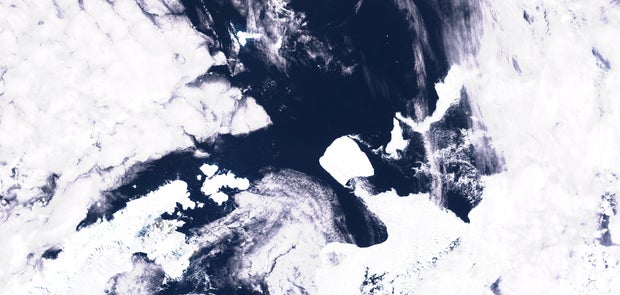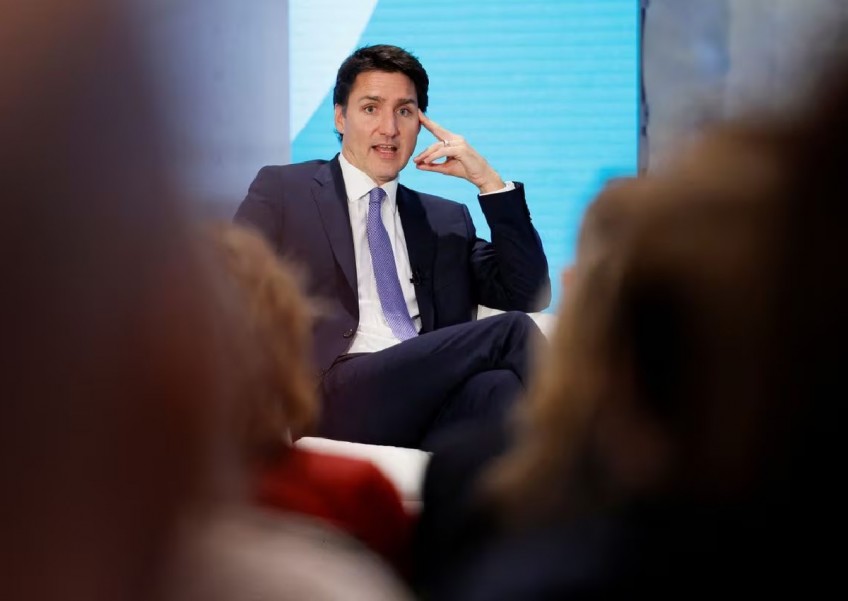
Rise Of China And Its Effects On US Hegemony – OpEd
Following the implementation of economic reforms in the late 1970s, China’s growth raised and it became a major player in the world economy.
China’s economy has been growing for some time now. Due to investments in globalization, industrialization, and infrastructure, it has become the world’s second-largest economy.Over 800 million people have been pulled out of poverty and GDP growth has averaged over 9% annually since China started to open up and reform its economy in 1978. During the same time period, there have also been major improvements in access to other services, including health and education.
Commercial associate of the US. China ranks third in terms of US export markets, is the country’s largest import source, and is the country with which the US trades the most goods. Additionally, China holds the most shares in US Treasury securities among all foreign investors, which supports the country’s debt and reduces interest rates.
Through a number of high-profile initiatives, such as “Made in China 2025,” a plan announced in 2015 to upgrade and modernize China’s manufacturing in 10 key sectors through extensive government assistance in order to make China a major global player in these sectors, the Chinese government has made innovation a top priority in its economic planning. These actions have, however, heightened worries that China plans to employ industrial strategies to reduce its reliance on foreign technology (including by barring foreign companies from operating in China) and eventually take control of the world’s markets.
China’s innovation and intellectual property policies were the subject of a Section 301 inquiry by the Trump Administration in 2017 because it was believed to be unfavorable to American economic interests. Subsequently, it increased tariffs by 25% on $250 billion worth of Chinese goods, while China boosted taxes on $110 billion worth of US imports, ranging from 5% to 25%. In 2019, these measures lead to a significant decline in bilateral commerce. President Trump declared on May 10, 2019, that he would consider increasing tariffs on almost all of the Chinese imports that were still in stock. A prolonged trade dispute between the United States and China that could be threatening to the economy of China.
Congress is very interested in China’s expanding economic strength on the world stage along with the trade and economic policies it upholds, since they have a big impact on the US. Despite being a sizable and expanding market for American businesses, China’s ongoing shift to a free-market economy has led to the adoption of economic policies that are considered unfavorable to American interests, such as industrial regulations and the illegal use of intellectual property.
It is essential to take into account China’s rise within the larger framework of international relations, which has been shaped by both the collapse of the West and China’s rising. And the world is heading for a trade conflict.
During its rise, China has produced several remarkable inventions. In fields like technology, e-commerce, and renewable energy, they have been raising the standard. Businesses like Tencent, Alibaba, and Huawei have had a big impact on the tech sector. In addition to making significant investments in green technologies, China is now the global leader in solar energy production. Seeing their developments and the global effect they’re creating is exciting.
Sughra Jan Muhammad graduated from the University of Balochistan, Quetta, in the Department of International Relations.









